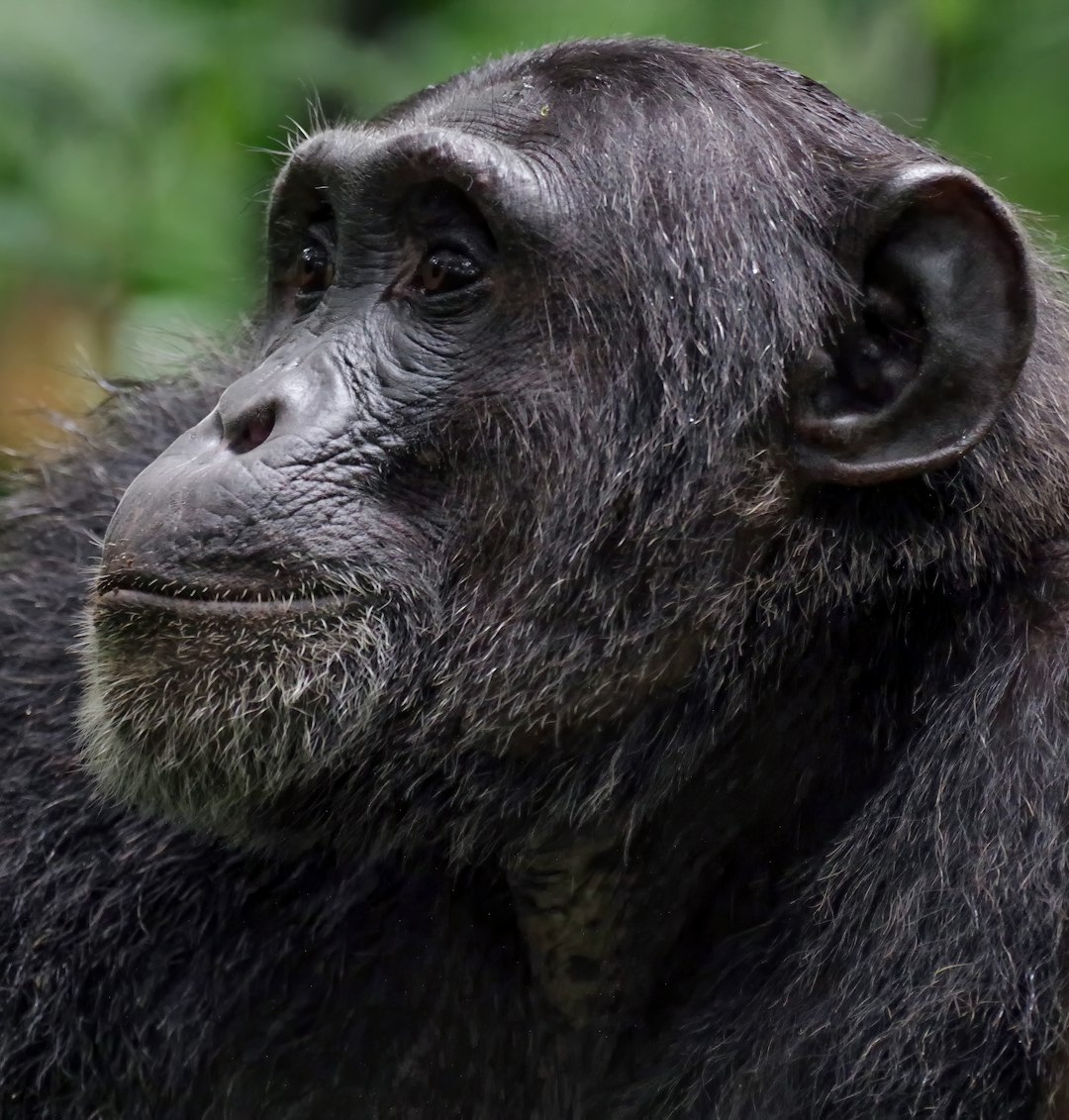CHIMPS DO IT TOO
+ your free weekly roundup of hopefully helpful things
Welcome to the Hotflash inc free weekend newsletter, where we try and figure out this thing called perimenopause, acknowledge the multiple layers of menopause and take personal responsibility for how we navigate it to reach the other side in the best shape possible. You can upgrade and support my work here:

We got two new studies on menopause in animals this week and the headline about them in Science says it all: Menopause may be widespread among mammals, challenging famed hypothesis.
A lot of attention went to a new study out of Uganda, published in Science and covered in the New York Times, which found chimpanzees go through menopause. Then there was perhaps a more important literature review published in Cell that came about by happenstance, when a pair of researchers in Germany noticed that older mice appeared to go through menopause too. Lo and behold, when they looked at papers on 70 species, they found more than 80 percent lived beyond their last …
Keep reading with a 7-day free trial
Subscribe to Hotflash inc to keep reading this post and get 7 days of free access to the full post archives.


